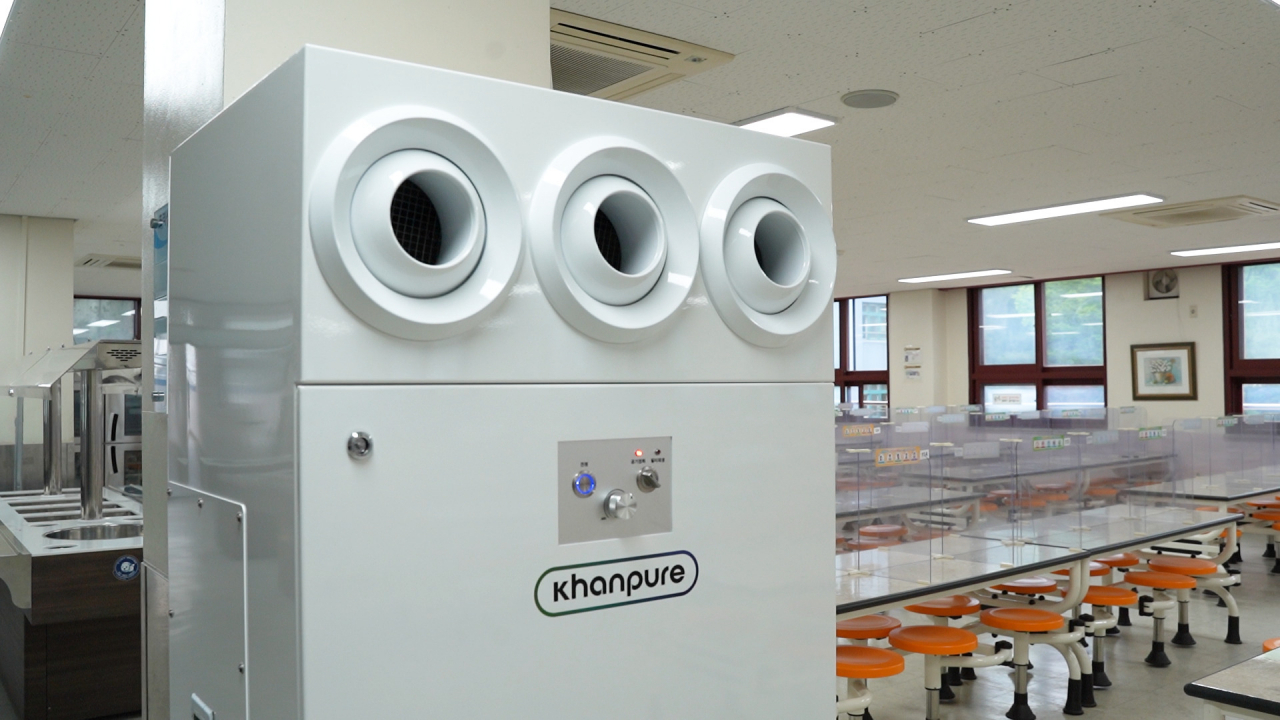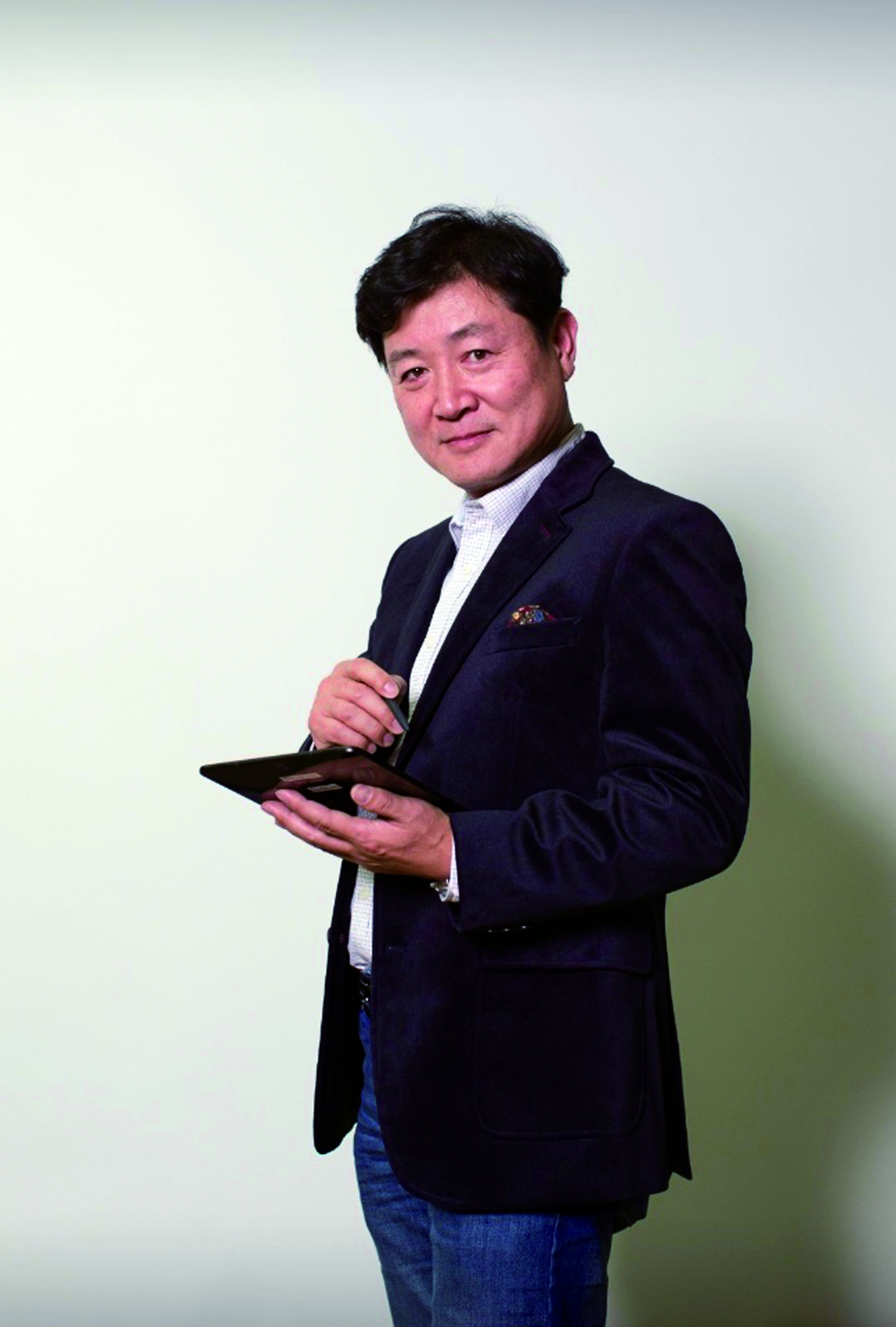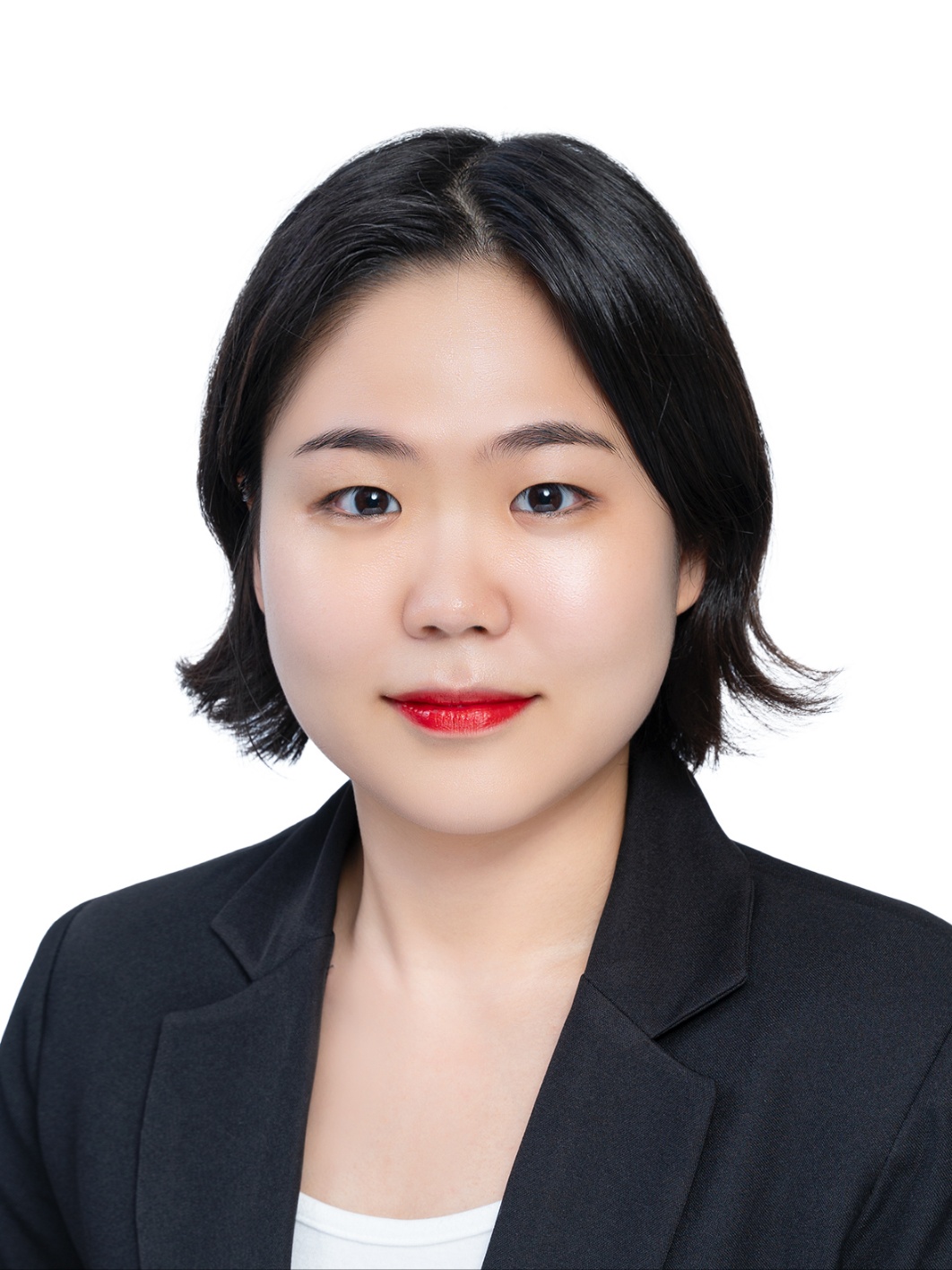Khanfilter eyes global expansion with innovative air purifier
By Song Jung-hyunPublished : Sept. 21, 2023 - 17:57

Khanfilter, a South Korean supplier of high-performance air filters, has seen early success with its air purifier that uses automotive technology to help it remove over 90 percent of odor and particle matter without losing performance in challenging environments.
Traditional filters exhibit a sharp decline in performance when exposed to water vapors or oil mist, a common condition in kitchen spaces.
However, Khanfilter’s flagship indoor air purifier Khanpure has provided a timely solution to this problem.
The company has equipped its purifier with a diesel particulate filter, a ceramic filter used in diesel vehicles to remove smoke emissions. It's the first time DPF technology has been applied to interior air filters.
“Our ceramic filter effectively captures odor, debris and microdust, breaking them down through a catalytic reaction inside the filter. Its performance is maintained regardless of any unfavorable conditions (oil mist and water vapors) while also boasting carbon neutral technology that prevents secondary pollutants from entering the air,” explained Khanfilter CEO and Founder Han Dae-gon, who is also a former researcher in ceramic filters at LG Chem.
Additionally, Khanfilter’s DPF technology has been given features that automatically clean and sterilize its filter. This eliminates the need for frequent filter replacement leading to easier maintenance and lower maintenance costs.
These features make Khanpure suitable for continuous use in kitchen spaces rich in oil mist and water vapors.
Recently, it has attracted a large amount of venture capital investment, laying the foundation for its global foray into major markets including the US, EU and Japan, where demand for cooking oil fume control systems has been rising.

Addressing health hazards
Khanpure has emerged amid the mounting health evidence against cooking oil fumes.
Microdust from cooking emissions induced the death of some 3.8 million people worldwide and was classified as a Class 1 carcinogen by the World Health Organization.
Further, emissions from grilling a single hamburger patty on a commercial charbroiler releases a staggering quantity of particulate matter into the air, equivalent to when driving 230 kilometers on an 18-wheeler diesel-engine truck on the freeway, a UC Riverside study found in 2012.
In response, New York City, for the first time in the world, has been regulating cooking emissions since 2021 to address the problem.
Meanwhile, in South Korea, relevant research and legislative moves are lacking even though the health hazard posed by cooking fumes has been widely publicized, and there are a high number of restaurants with high cooking emissions such as Korean barbecue restaurants, and large cafeterias at schools and firms.
Health concerns most recently came to the spotlight in a health report released by the country’s Education Ministry which found an increased risk of lung cancer among school cafeteria workers.
Among those over the age of 55 who have worked for more than a decade, the lung cancer suspicion rate was about 35 times higher than workers aged between 35 and 65 in other places, their interim lung examination revealed.
Additionally, a study conducted by Seoul National University Hospital found that 93 percent of those who underwent lung cancer surgery between 2003 and 2015 were non-smokers, after analyzing a total of 957 female patients.
Long exposure to cooking oil fumes that contain carcinogens, such as aldehydes, was identified as the primary cause of their lung ailments.
Despite the escalating health warnings, relevant air purification technology was largely absent, making it difficult to regulate cooking emissions.
Following the death of a school cafeteria worker from lung cancer in Seochogu, Seoul in 2021, Khanpure has been installed in some 23 places in the region.
Step towards sustainable city
At the same time as addressing health concerns, Khanfilter is also touted as a sustainable solution that can curb air pollution in the city.
Combating air pollution in the city starts with enhancing indoor air quality, according to CEO Han.
“Cooking emissions, released directly into the atmosphere, can become air pollutants while also triggering secondary pollutants in the atmosphere," CEO Han explained.
"Through our innovative technology that reduces carcinogenic microdust level, we not only safeguard the health of our users but also contribute to fostering a sustainable urban environment, one of the 17 sustainable development goals by the UN.”
Additionally, Kanpure rules out the problem of wastewater which is typically generated during the cleaning of the filters, as it doesn't require filter replacement.
The environmental strengths of its filter have earned it an international certification from the New York City Department of Environmental Protection in 2021.
Leveraging on easier maintenance and lower maintenance costs, its filter has been widely adopted and installed in places and spaces, including homes, restaurants, factories and hospitals among others.
In a move to expand the settings in which it can be installed, Khanfilter has developed several variants of the product including a ceiling-mounted type, and a smart pole type that uses smart technology to control the filter.

Catalyst for innovation
The innovative technology of Khanfilter was made possible due to CEO Han’s former experience and expertise from 8 years of researching ceramic filters at LG Chem and operating Khancera, the first company in South Korea to develop ceramic filters used in DPF technology for diesel vehicles.
Khanfilter is CEO Han’s second venture.
“I have always been interested in filter technology that can tackle the problem of cooking emissions -- the last hurdle to enhancing indoor air quality in our living spaces,” recalled CEO Han.
The idea to integrate the indoor air purifier with DPF technology came to him during his visit to San Diego, US in 2011. While attending the university alumni event, he heard about the California state government's national project to regulate cooking emissions with air purifiers.
Upon discovering that the technologies by various filter companies were unsuitable for application in kitchen spaces, CEO Han decided to bet big on his expertise in DPF by modifying the technology for application to kitchen spaces.
“I wanted to inspire a sustainable development with an entrepreneur mindset as I believed that such filters held a lot of market potential while also addressing the persistent social issues.”
In 2014, Han took part in a local US performance certification program and successfully passed the technology screening test for Khanpure.
Subsequently, it underwent a performance evaluation and technical assessment for cooking emissions reduction at the Center for Environmental Research and Technology (CE-CERT) in the US, eventually leading to the founding of Khanfilter in Korea in 2015.




![[Weekender] Pet food makers bet big on ‘recession-free’ pet food market](http://res.heraldm.com/phpwas/restmb_idxmake.php?idx=644&simg=/content/image/2024/05/10/20240510050754_0.jpg&u=20240512145510)

![[Drama Tour] Romantic trip to ‘Queen of Tears’ filming spots](http://res.heraldm.com/phpwas/restmb_idxmake.php?idx=644&simg=/content/image/2024/05/09/20240509050798_0.jpg&u=20240511190213)



![[LLG] Unseen inheritance: Trauma of transnational adoption 'trickles down' to adoptees' children](http://res.heraldm.com/phpwas/restmb_idxmake.php?idx=644&simg=/content/image/2024/05/12/20240512050141_0.jpg&u=20240512163544)








